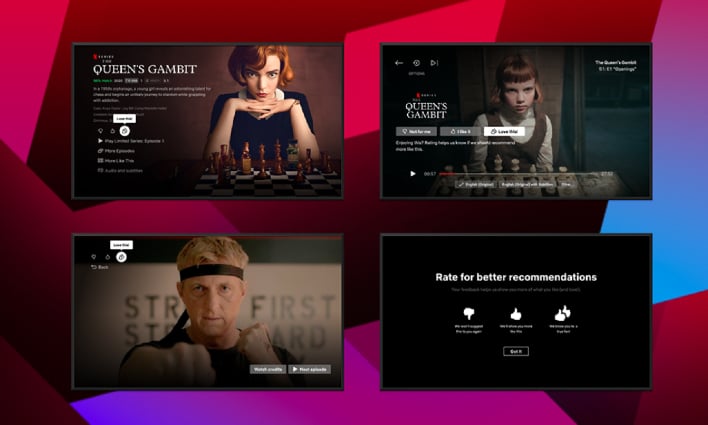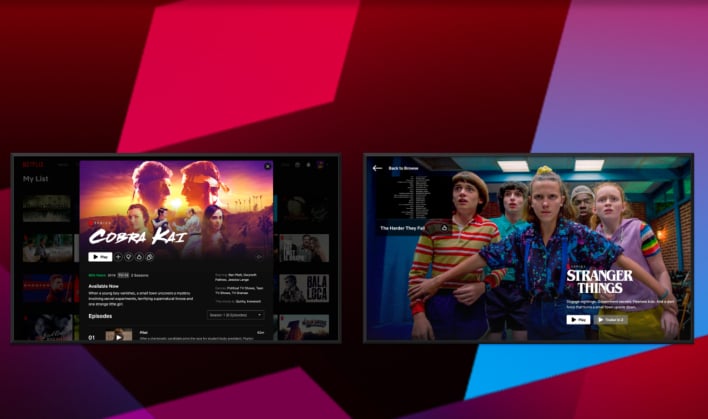Netflix's Crackdown On Password Sharing Is A Confusing Mess In Early Tests

Early testing by the streaming giant asks subscribers to pay extra when they share their account information outside their homes. The testing began in March and includes Peru, Chile, and Costa Rica in Latin America. The thought is that Netflix will use its findings in these smaller markets to guide future changes to its policy on password sharing globally, as to not "suffer a large amount of subscriber goodwill," as indicated by Paul Erickson, a streaming market analyst from the firm Parks Associates in an interview with Rest of World.
Terms of use for the streaming platform have always stated that subscribers are not permitted to share accounts outside of their household. However, Netflix has never taken steps to meaningfully enforce the policy, which has led to many handing out their account login information like candy to friends and loved ones.
The need to figure out how to combat account sharing came after an earnings call that saw Netflix drop in overall subscriptions for the first time since 2011. The streaming platform said it lost 200,000 subscribers in the first quarter of 2022, and expects to lose another 2 million in the second quarter. When the announcement was made, the company did not point to a recent price hike as the cause, but rather password sharing.

Over a dozen customers who spoke with Rest of World about their Netflix experiences said they have yet to receive a uniform message about the new charges. Additionally, they don't even seem to be subject to the same policies.
Some who have been subject to the price increase have left the service altogether, while others continue to share their accounts across multiple households without notice of any policy change, and yes others have simply ignored the new rule without facing any new fees.
The varying experiences may suggest that the company is testing different versions of the rollout with different customers. "They may end up causing issues with their so-far loosely inferred definition of a household," remarked Isabelle Charney, a researcher for Ampere Analysis.
A Netflix customer service representative spoke with Rest of World anonymously, stating that the confusion was not limited to just customers. The person stated that representatives are confused on how to answer questions concerning the new policy. The anonymous rep said she was instructed to tell an upset customer that she would inquire further and that the customer could use their account without any additional charge via a verification code.
So far all the confusion has not caused Netflix to lose its hold on the market in Peru. However, market watchers are keeping a close eye to see if customers begin turning to other competitors or digital piracy in the coming months. Other streaming services have taken a more relaxed approach to account sharing, perhaps in an attempt to see how things go for Netflix first.
Top Image Credit: Netflix

